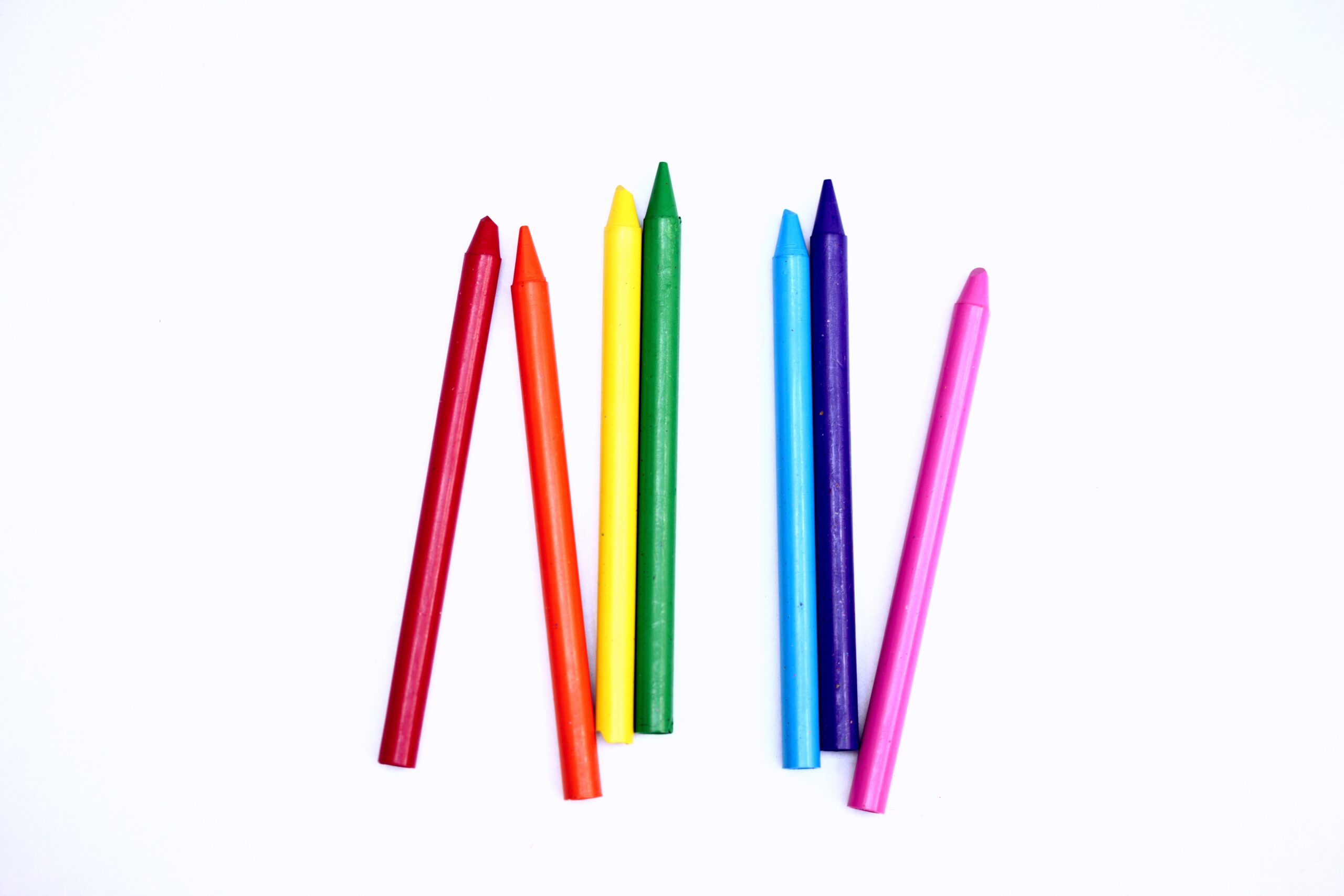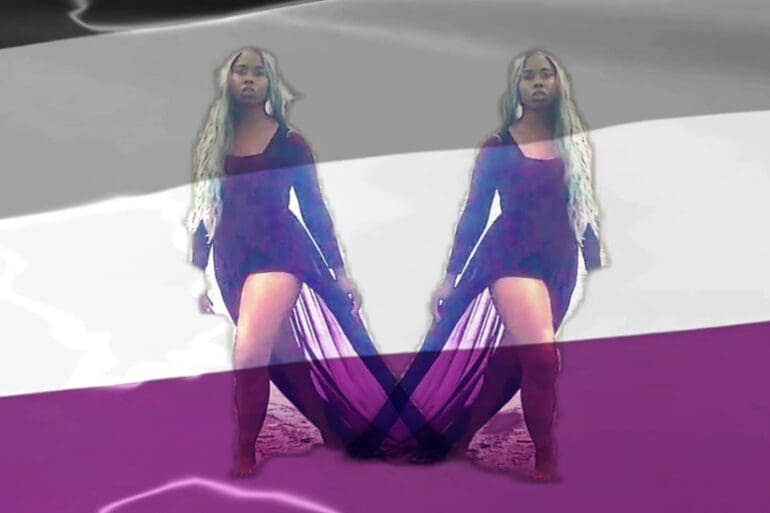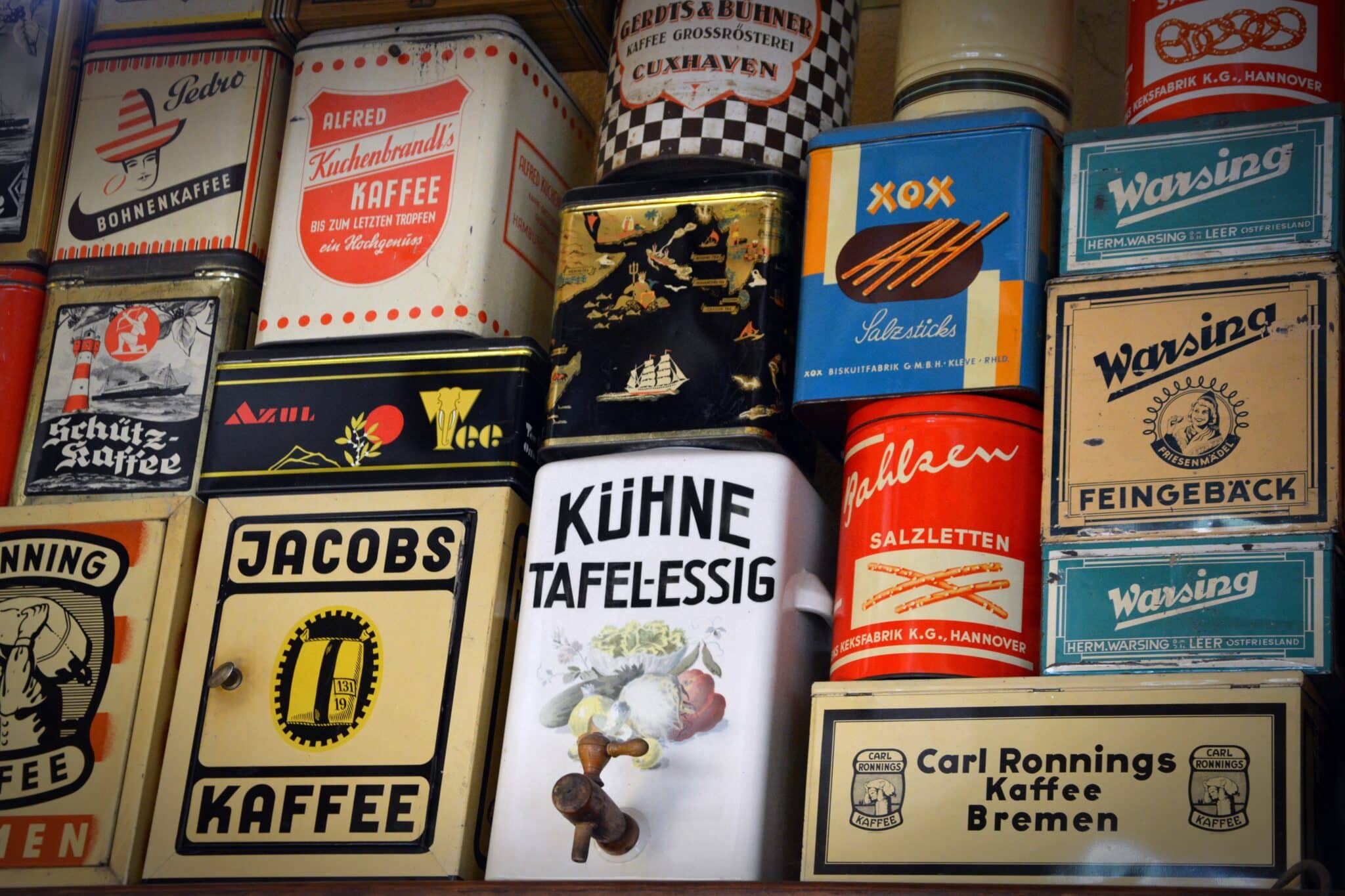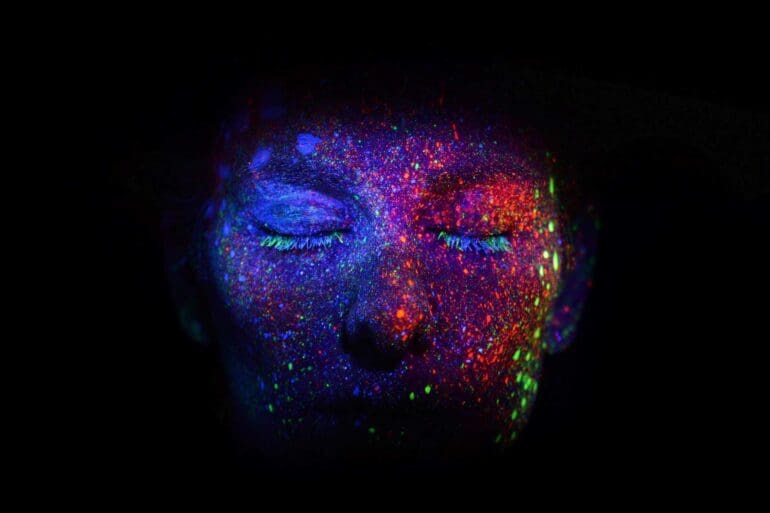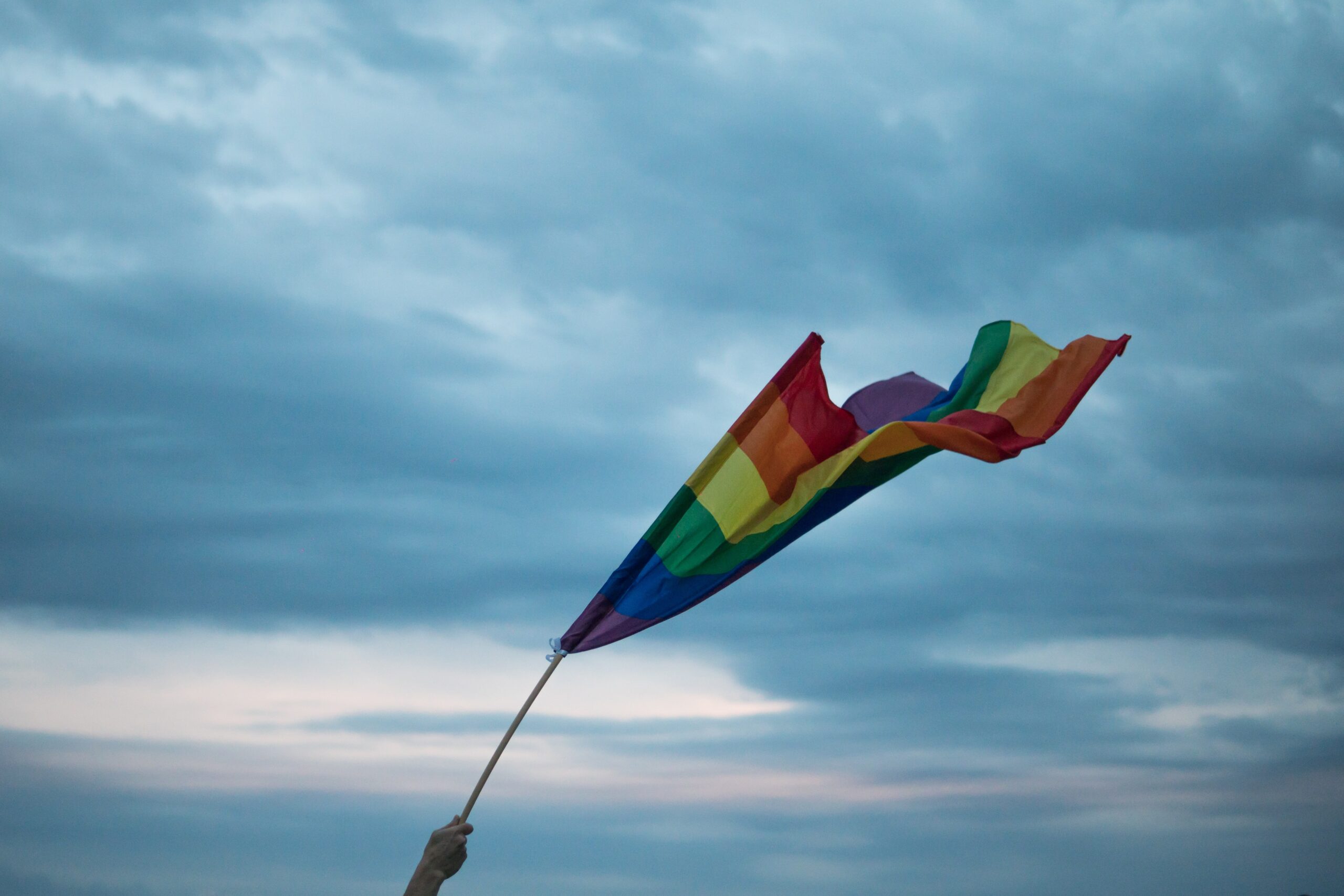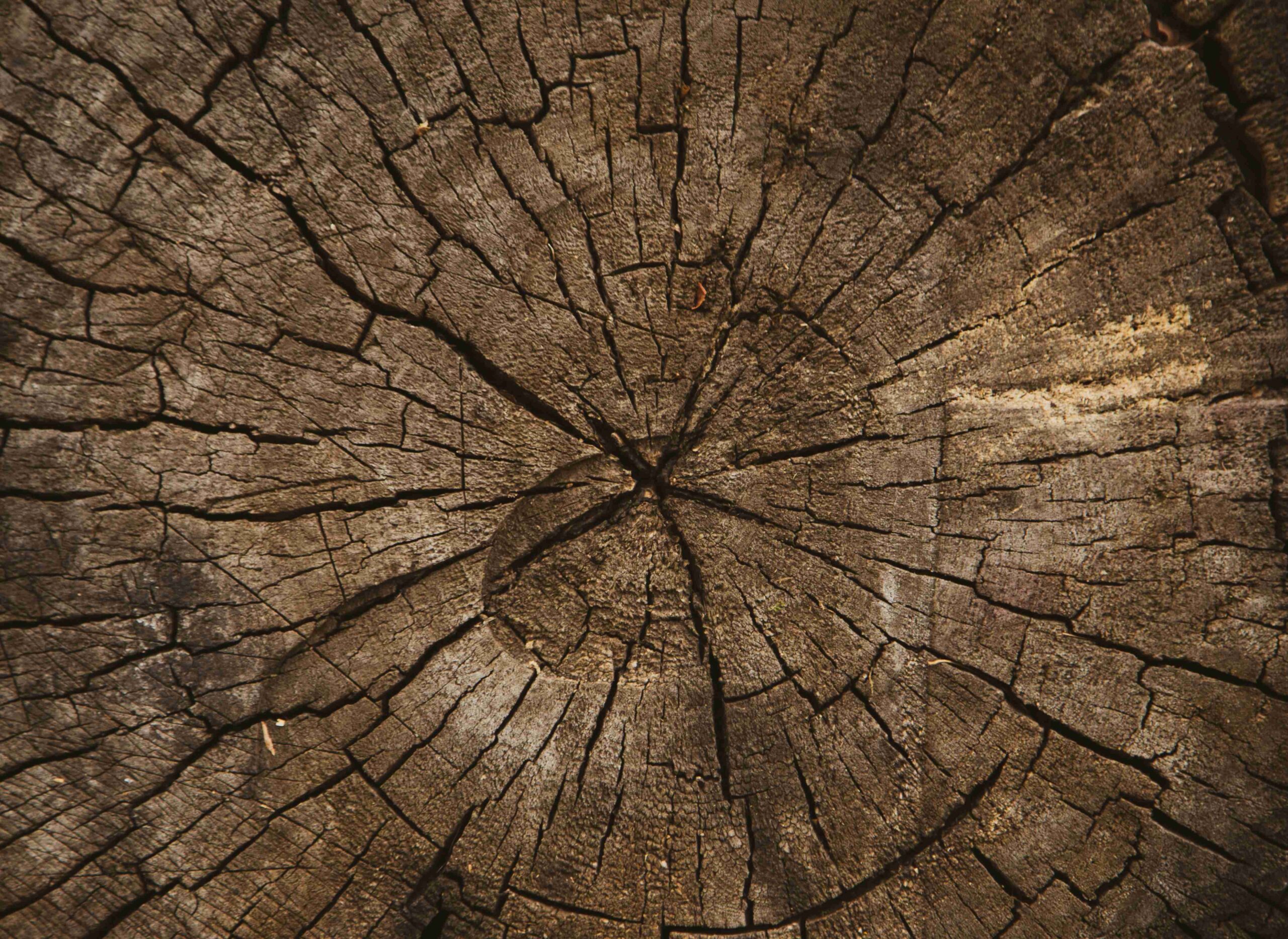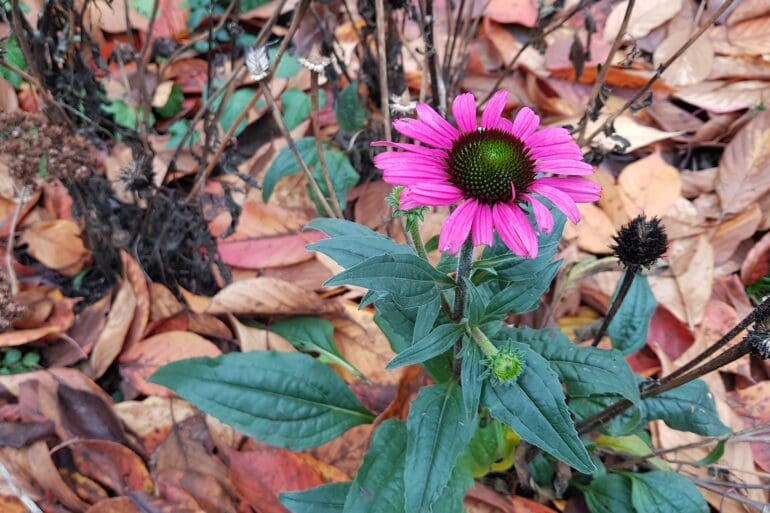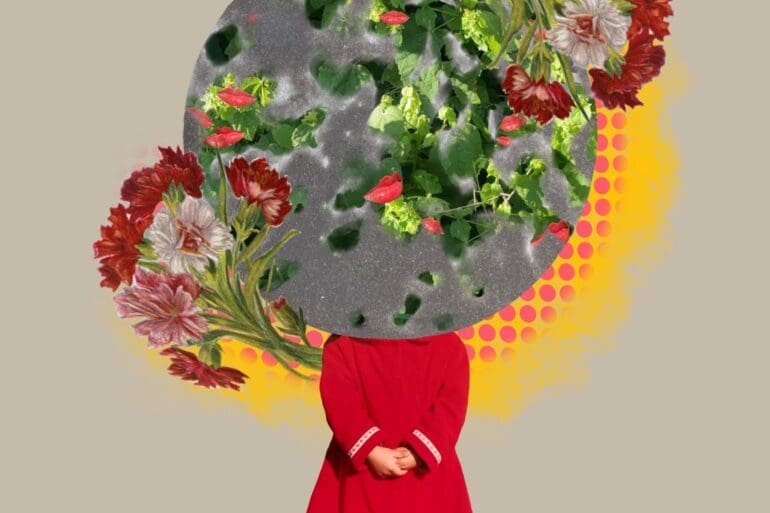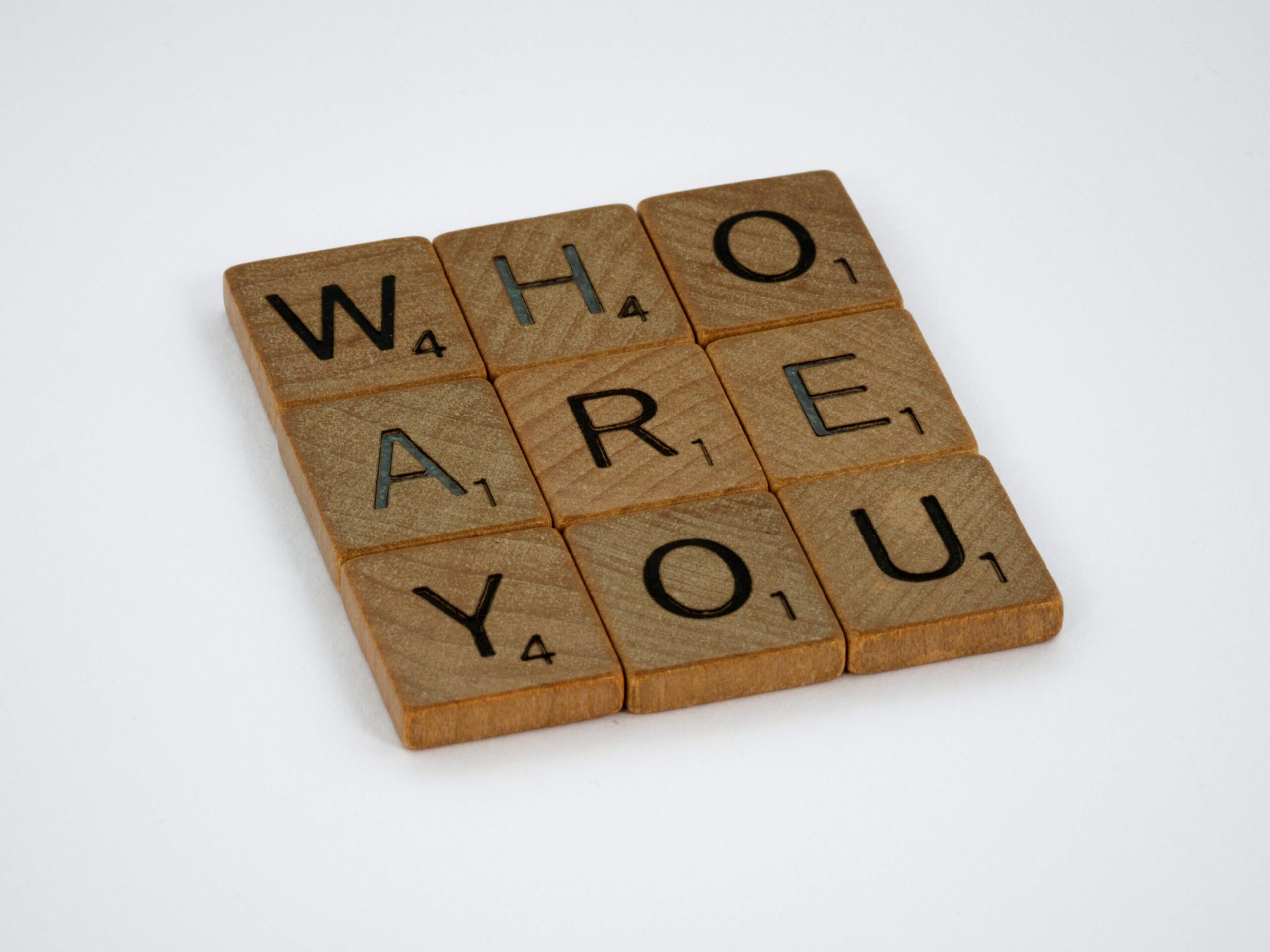I share real world examples of why I believe the trans community uses empathy as a powerful tool to combat transphobia and promote self-love.
The focus of this piece is to highlight and celebrate the asexual and aromantic community and what it means to exist outside of the expectation to be partnered.
This autoethnographic account explores the complex relationship between language and identity.
I wrote “The Crevasse: A Love Letter” to help me grapple with confusing changes to the terrain of my life.
“Four Essays on Being Trans in the Anthropocene” in one of autoethnographic works on my queerness and informed by speculative anthropology.
In this essay, the current reality of queerness is juxtaposed against milestones in my own life as a queer man in America.
It is a reckoning on sisters and queers after themes of family violence, sibling disconnection and queer isolation emerge.
This piece works to contextualize aging in the queer community, the complexities of developing trends in spectacle versus intimacy, the depth and shallow natures that are found in performance, as well as the fear and hope that can be found as a queer person.
"My Old Kentucky Homo," highlights my failure to assimilate into the community in which I still live, fourteen years later.
Overall, "Little Red" encompasses queerness, womanhood, and the implications of growing into an identity that isn't cherished by society.
What is my responsibility as a trans feminine person when the human-induced strain on the planet is the driver of the climate crisis?
These pieces explore through personal experience the cultural phenomena of migrant loss of identity and subordination, post colonialism, othering


